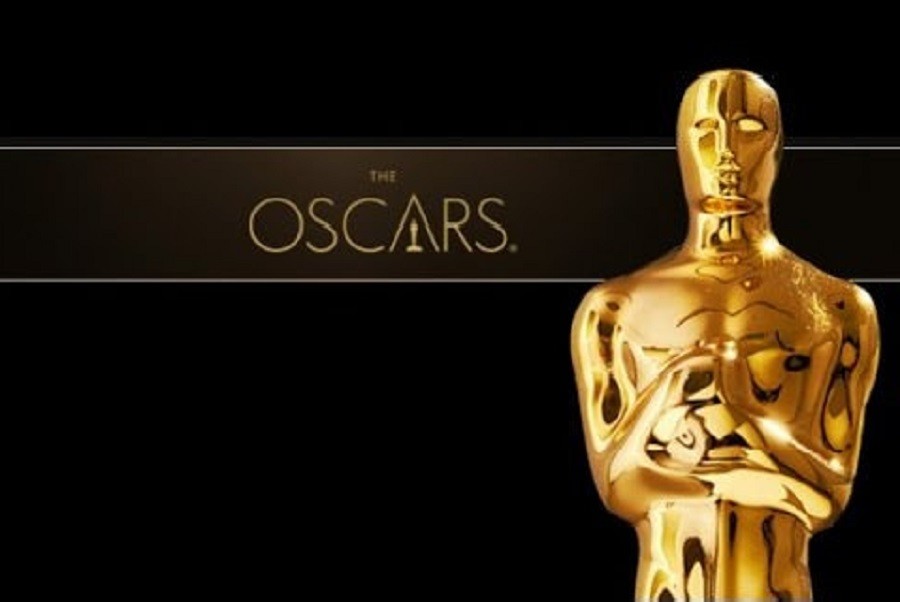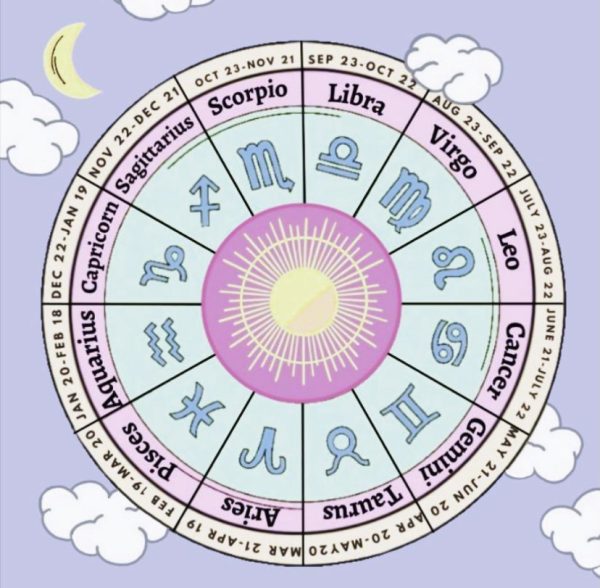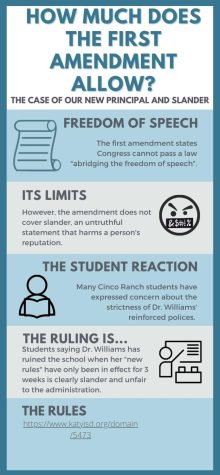Sins of Hollywood
Last February, the issues surrounding the diversity of Academy Awards exploded. These problems plagued the Awards for decades, but snubbing Will Smith of a nomination for the movie Concussion forced many to question how whitewashed Hollywood was. Sure, they came a far way from the first Academy Awards, but the movie industry has a long road ahead of it if it wants to insure equal representation in mass media.
Now, it is taboo for white actors to put on blackface and yellowface, but in movies like Gods of Egypt or shows like Of Kings and Prophets, it is apparently okay for actors to apply a slight tan and get cast as a Middle Eastern character. When casting directors are questioned why they decided on using a white actor, the answers are usually about how they couldn’t find talent of the correct race. But when a terrorist is cast in a movie relating to the Gulf War, there is always a person of color (POC) ready to play the crazy, bomb-wielding villain.
In some cases, they get it halfway right. The character is the right color (tanning solutions and makeup help this), but they have Eurocentric features: a slim nose, bigger eyes, thinner eyebrows, lighter hair. In other cases, the character only slaps on a tan – not the right skin tone, but just enough for them to pass as a regular surfer, living in a place halfway across the world from where they should be.
This is not even what drives me up the wall – it is the fact that when people like me call Hollywood out for being ‘too white’ and not casting well enough, we are classified as picky and too “politically correct.” It is these same people that accuse me of reading too much into “what’s not there”, who rant on Facebook about how a black Annie is destroying their childhood, or how a black Stormtrooper is not canonically correct. Ignorance in Hollywood is what makes me mad. The fact that someone can deny Hollywood’s whitewashing tendencies, but readily accepts POCs sole roles as villains, is something I will despise until the day I die.
Fortunately, we have come a far way from blackface in the 19th century, where actors would cover their face with black paint and portray black stereotypes, often harmful or demeaning to the race. The often overlooked side of this, yellowface, started picking up speed in the 20th century. Some actors like Mickey Rooney in the 60’s acted as eastern Asian characters and portrayed them as aggressive people due to the resentful feeling left over from World War 2. This still manifests in movies like Aloha where Emma Stone plays the Asian character, Allison Ng. Angelina Jolie portrayed a character of Afro Cuban descent, Mariane Pearl, in A Mighty Heart.
It’s a surprise to me when a character who is traditionally not white is actually played by the correct race. I’m surprised when shows cast a racially diverse group, when the show has an effortless script and the characters are not defined solely by the stereotypes that come with their race.
There were racial inequalities in the movie industry in the past and yes, Hollywood has come a far way, but this year’s scars are a reminder of how black and other minority actors are not given the same opportunities as white actors. #oscarssowhite may seem unimportant in light of police brutality and “real world” situations, but media, especially big industry media like Hollywood have an enormous effect on how people are accepted in society. There’s a reason why racism still exists, even if in much subtler ways. Stereotypes, mass produced by movies and shows, end up being life-threatening. They also affect how news media reports similar stories based on race. Media representation that portrays a certain race independent of the stereotypes surrounding it not only fights against the micro aggressions that manifest in racist jokes, but also it contributes to the bigger picture. POCs are no longer seen as their racial stereotypes, but as individuals whose race is a part of who they are.
Stated solutions on social media is to integrate the movie industry: diversifying the directors, writers, casting directors, and actors. This helps put more movies out that star a POC, either behind the scenes or on camera which should lead to more nominations come awards season. Another thing that should change is the Board of Governors. This almost all white board decides which movies are up for nominations. The trouble with diversity is all over the movie industry, but the issues that came to light this late February started with the 2015-2016 board which only contained one minority. Each year the Oscars come under some criticism for their unwillingness to recognize minorities, but this year’s came under fire in a very big way. These protests may bring about huge leaps and bounds in the movie industry, pulling Hollywood out of the 1950’s when if you were a different race, you were a second class citizen. But for now, we continue to walk backwards, on the whitewashing front. The Oscars stay predominantly white every year, and minority roles continue to be filled with white actors.

Co-Editor-in-Chief Joanne Chavali is here at the final frontier of her high school career. She has endured too much stress for a 17-year-old to face, an...



![Tips for Studying Finals [INFOGRAPHIC]](https://crhscountyline.com/wp-content/uploads/2022/12/Studying-for-Finals-475x267.jpg)


